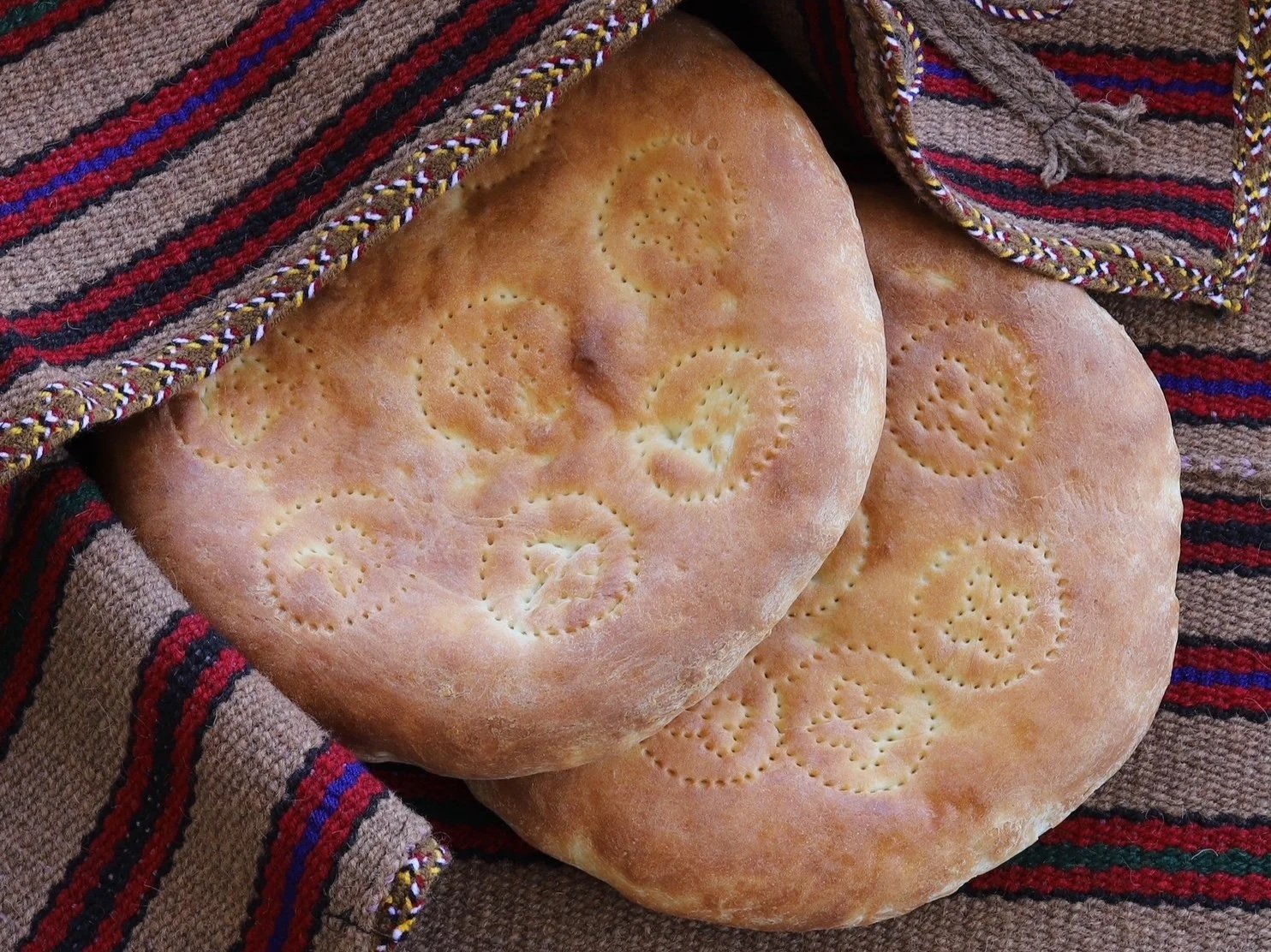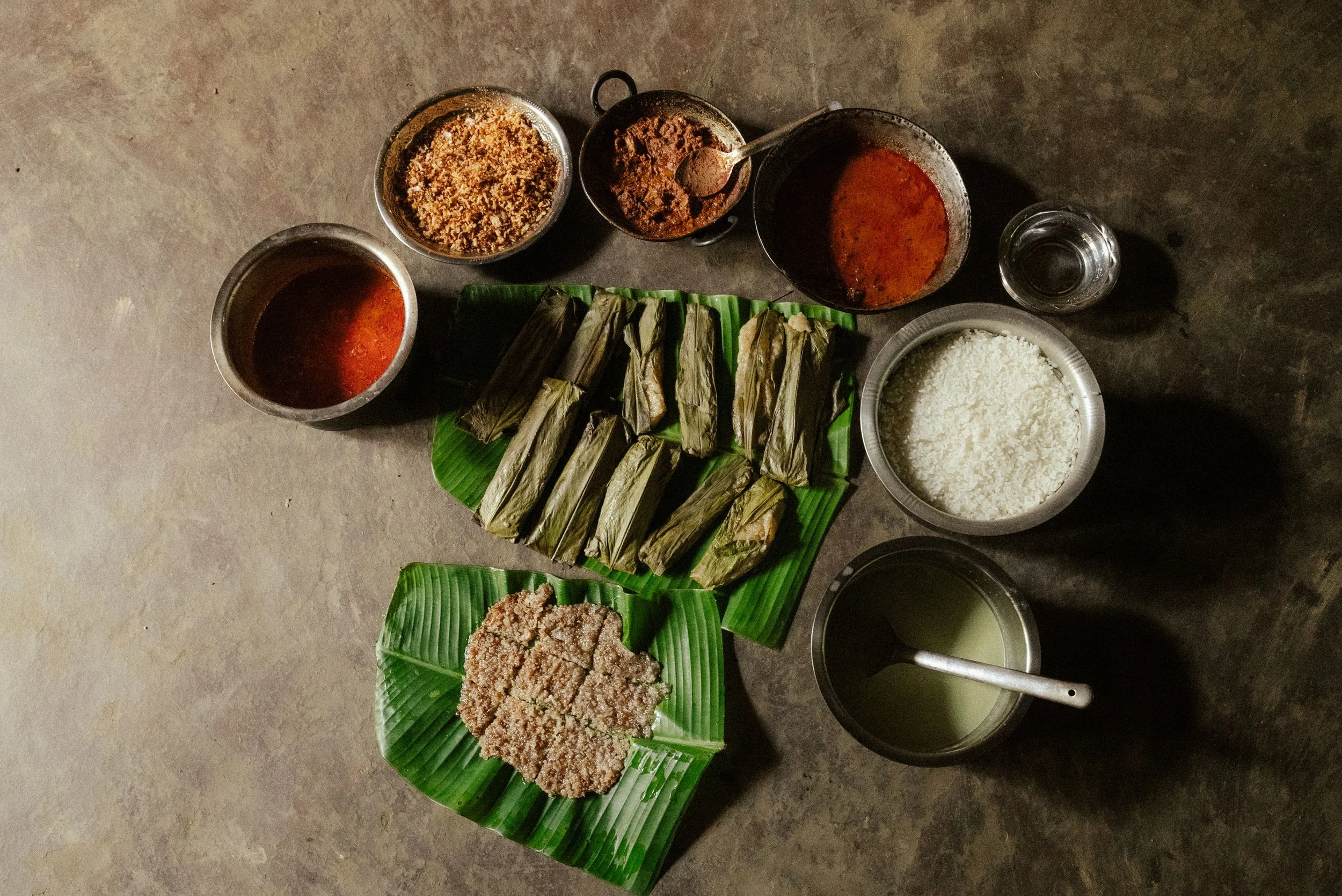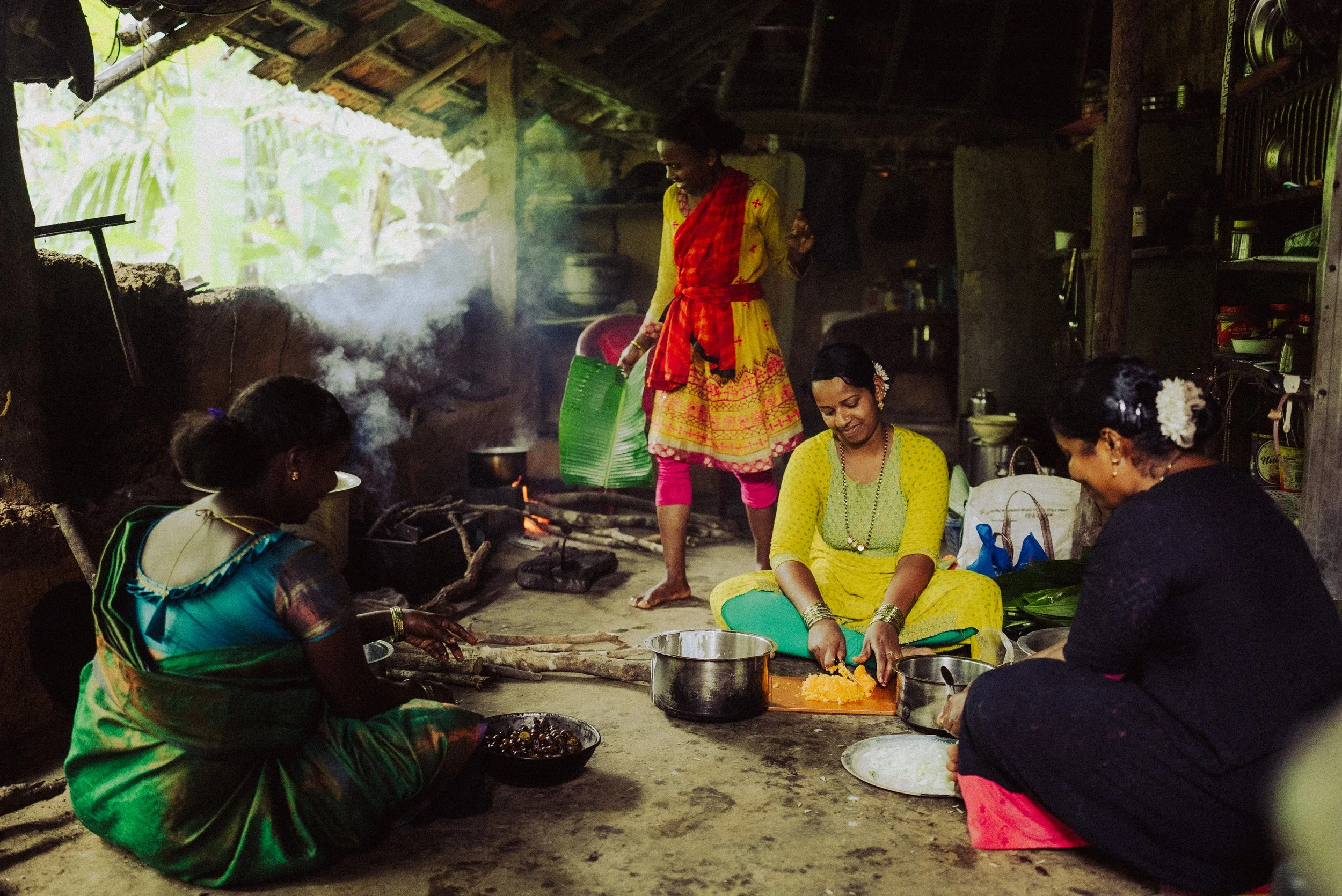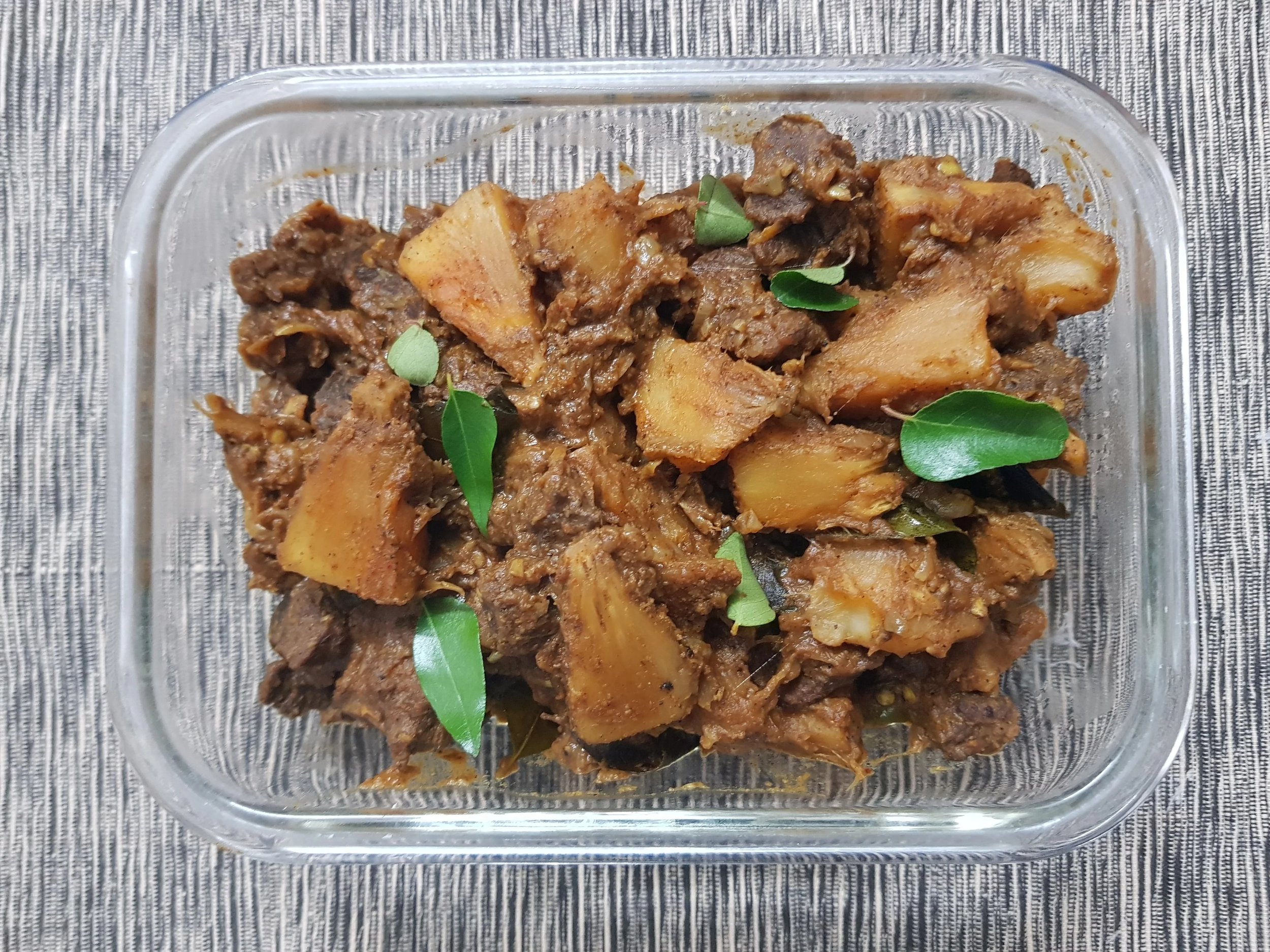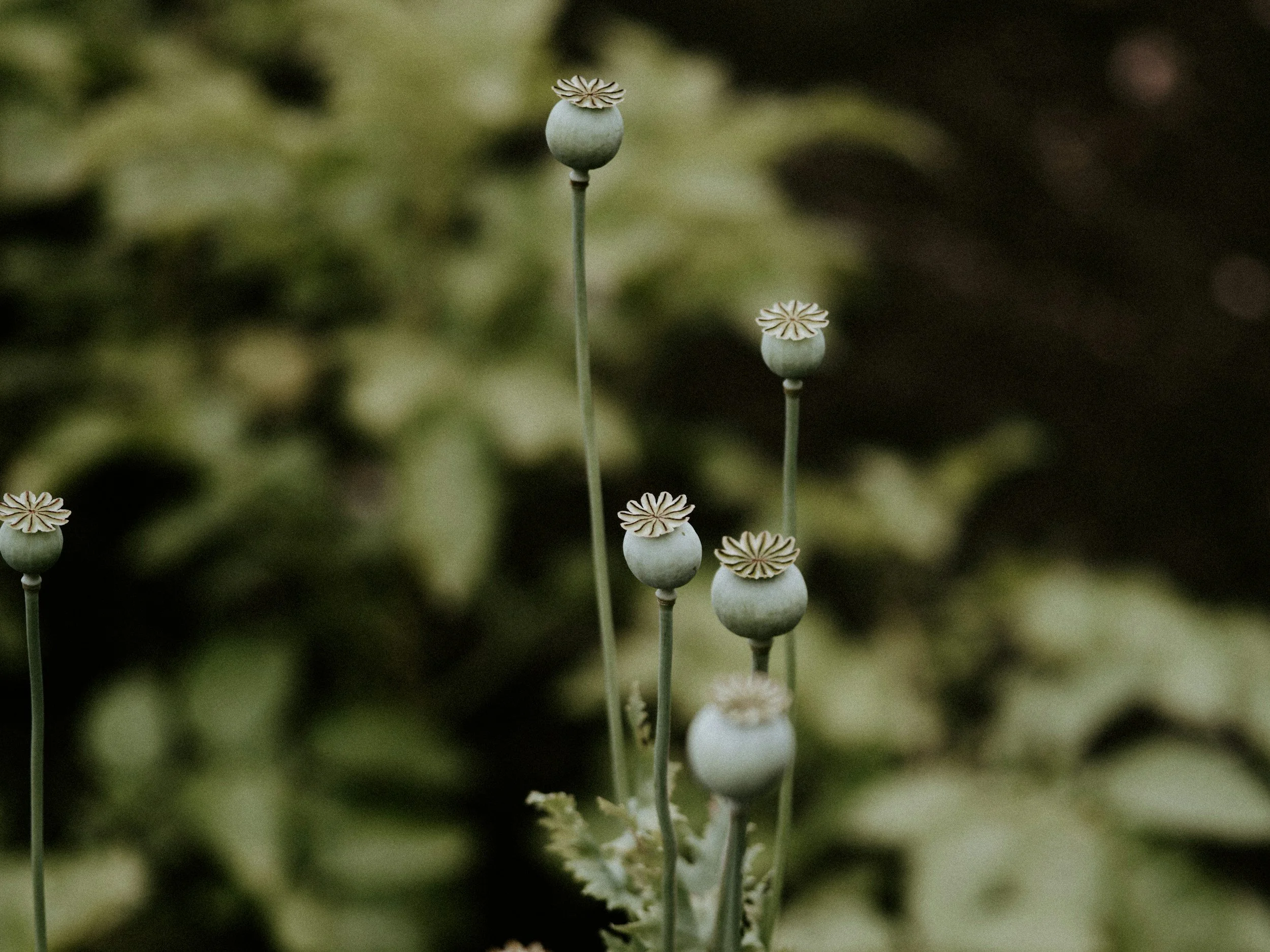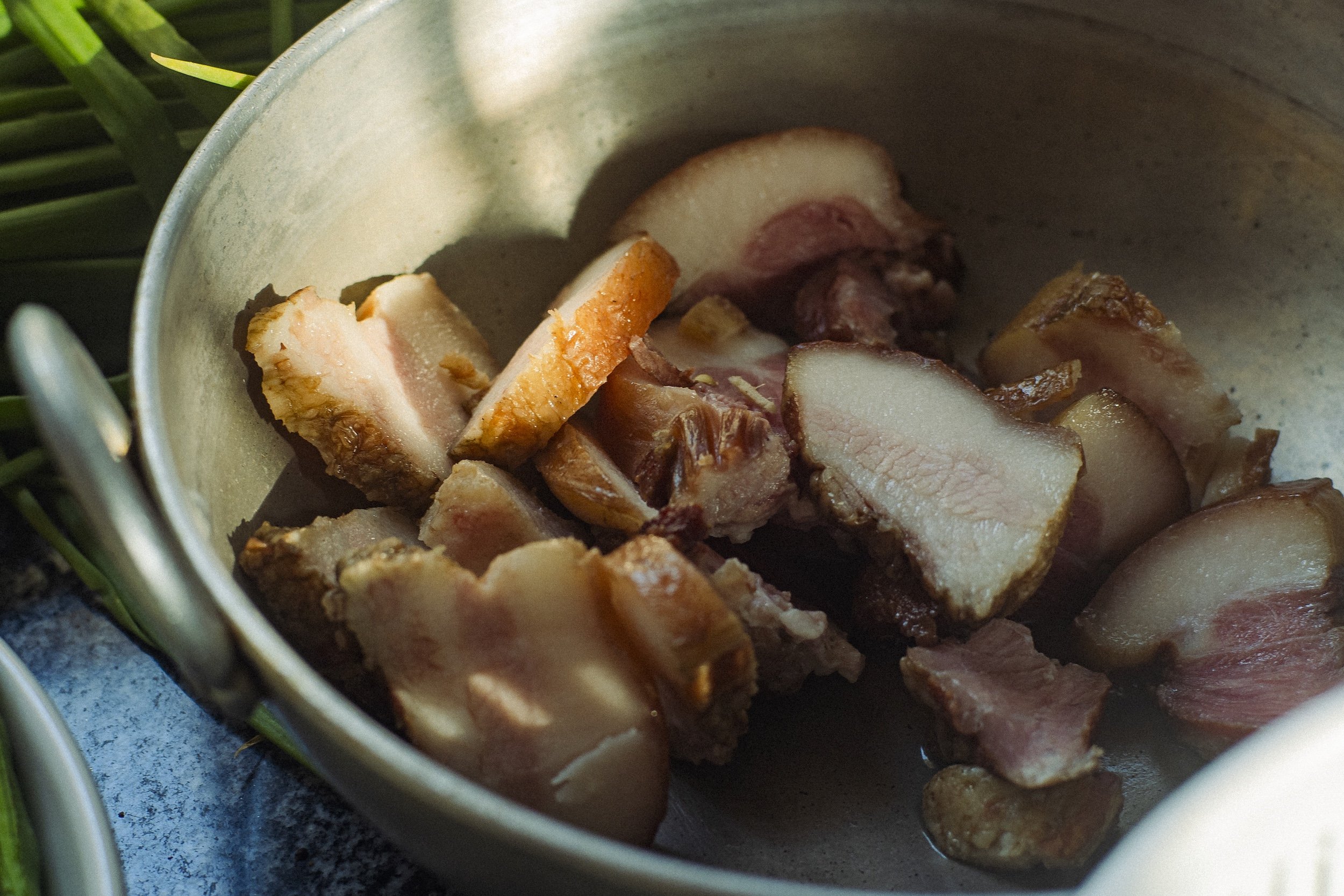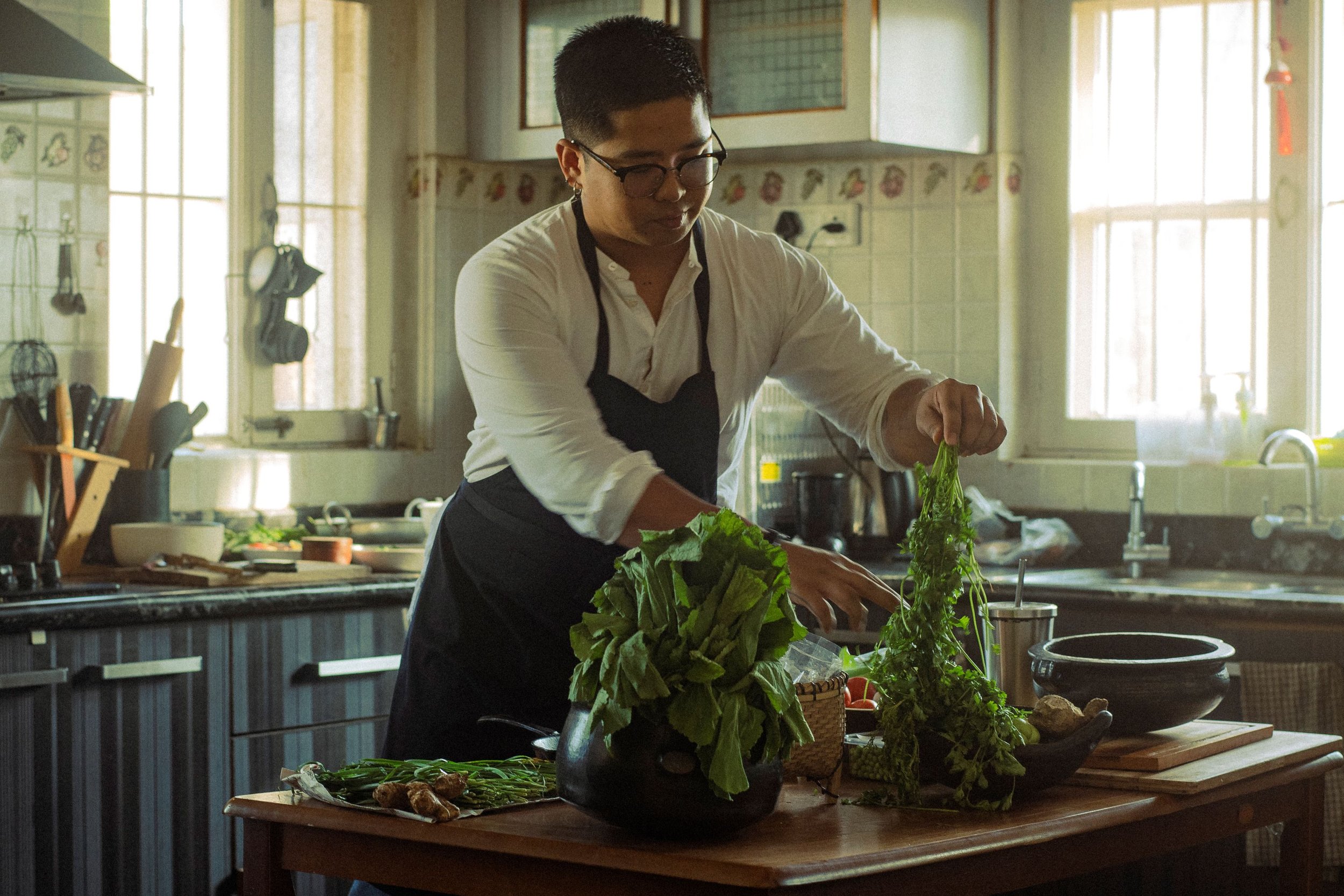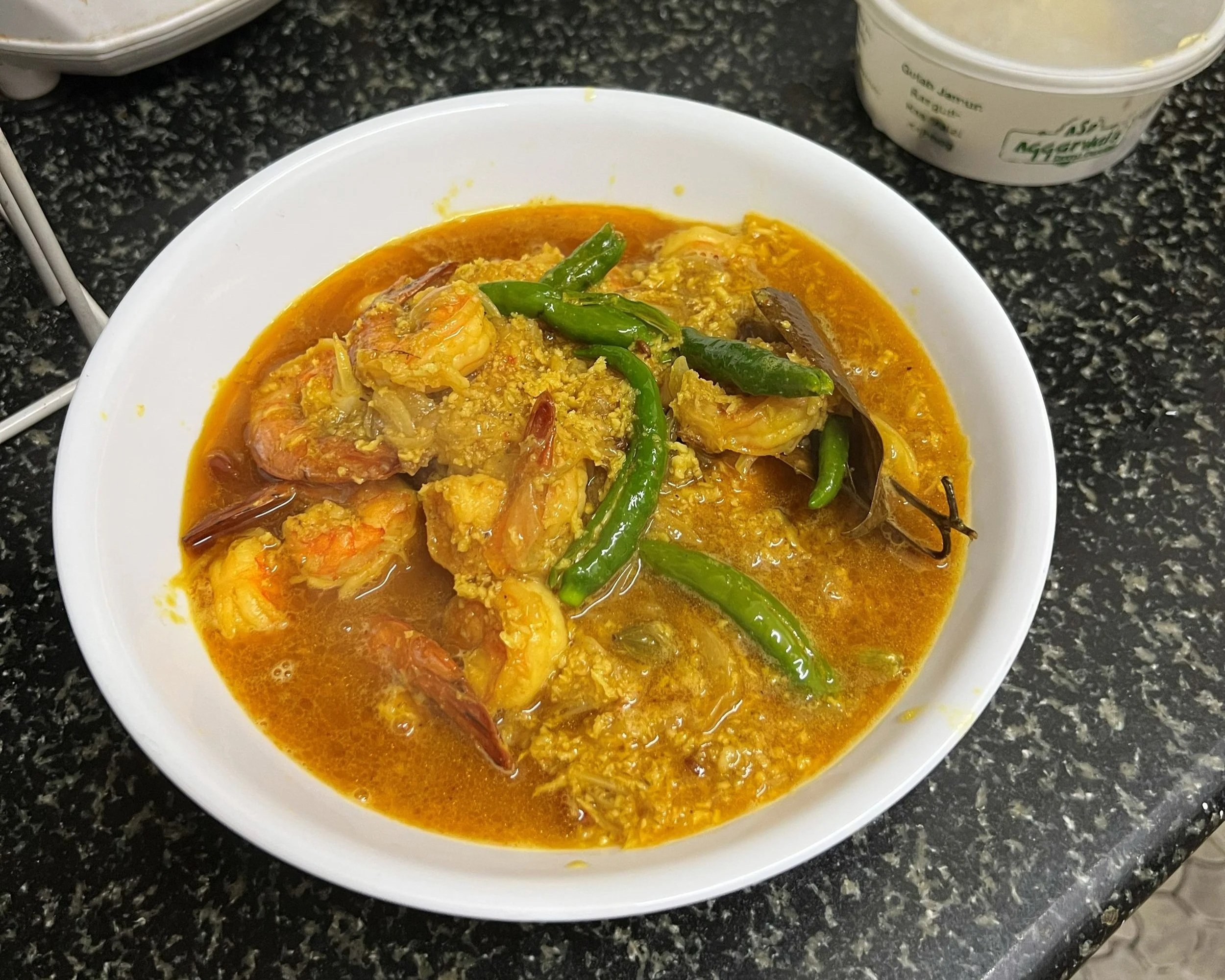Food is not Magic — but it is Medicine: Nayantara Menon Bagla

Nayantara Menon Bagla is a behavioral nutrition coach and chef who spent her formative years in kitchens across the country. She now works with women of South Asian descent, focusing on their relationship with food and their bodies. While she continues to cook professionally, with a focus on private dining experiences that tell progressive Indian culinary stories, she also makes and sells bone broth weekly in Bangalore. In conversation with Mradula Hegde, Nayanatara explores women’s health and nutrition, hormone health, intermittent fasting, seed cycling,
On October 15, 2024, she is hosting Goya’s 3rd Secret Sauce session. Register, here
Bone broth is a wonderful way to add certain crucial amino acids like glucosamine and proline, and collagen to your diet, which otherwise are not easily accessible.
Women’s lifestyles are changing incredibly fast; do you think nutrition support has evolved with it?
In the last few years, sure, but overall not at all. You see, until very recently women have been considered ‘smaller men’ when it comes to nutrition science, and exercise physiology.
What is the one thing we aren’t talking about enough with respect to women’s health?
PMDD, Neurodivergence and food habits, perimenopause and menopause, especially with regards to the availability of Hormone Replacement Therapy now.
In the last five decades, more women have entered the workforce. But we can also see the parallel rise of lifestyle related disease. What are your thoughts on this?
It is unfortunate that women bear the brunt of so much in the world. The single biggest reason that women’s lifestyle diseases are increasing is that while they join the workforce, no one takes the responsibilities of the home off their shoulders. This has led to increased allostatic load. Now, women are stressed not just about taking care of families, children, husbands, ageing parents, but also careers, growth, opportunities and the sheer load of urban living. The mental load has gone up significantly.
Prolonged, unresolved stress manifests in very real ways. We see it in the rise of coronary heart disease, metabolic disorders and poor gut health.
“In very real terms, most women don’t have the time at hand to take care of themselves. ”
Very little research has been invested in women’s healthcare. Much of what we hear now is through independent support networks and communities on social media. What are your thoughts on seed cycling, bone broth, and intermittent fasting?
I have a deep personal bias towards bone broth since I make it every week and sell it here in Bangalore! Bone broth is a wonderful way to add certain crucial amino acids like glucosamine and proline, and collagen to your diet, which otherwise are not easily accessible. It does wonders to help people recover from seasonal bouts of colds, aid people with injuries, or those suffering from a leaky gut! If you eat meat, you should drink bone broth.
My thoughts on intermittent fasting are widely known. I think MOST people who take care of their health end up fasting 12 hours at minimum just naturally. That’s the greatest gift routine can give to you. There is close to zero data on the effects of IF on South Asian Women (as is the case with most health data)
I think one should be cautious with the term IF or Time restricted eating because:
The psychological impact of using time tracking apps can be harmful, especially where people play streak-achieving games to see how long they went without food. This tends to lead to long term disordered eating. Often people attach a lot of self worth and value to the numbers they are able to achieve.
Women physiologically respond to fasting very differently than men do. When undernourished over elongated periods of time, women’s bodies try to protect the reproductive system and hence women see changes in their menstrual cycle when their fasts increase.
Uncontrolled IF can lead to chronic acidity, migraines and gastrointestinal dysfunction.
Time restricted eating works very well for people with metabolic disorders like diabetes, but it should be very carefully managed.
My solution is two pronged:
Circadian fasting: eat as the sun comes up and stop eating once it goes down.
Tune into your own personal hunger patterns.
Eat at regular timings everyday. THAT is the real key.
Seed cycling is not scientific — there is no research to prove it. There seems to be no particular harm in eating seeds, which are great sources of omega and certain micronutrients. But, unless there are peer reviewed papers published I don’t think it has merit enough for a professional to comment on it.
In the age of influencer-generated content, how do we know whom to trust?
That’s a hard one. Don’t believe people who can’t read or ever use the term research paper. VERIFY any information you see related to health online. Follow people who walk the talk, who bring honesty to the table. Just because someone has a million followers doesn’t mean they are any good, so use your own sense of logic.
Hormonal health also changes with age. Can certain foods help alleviate the symptoms that women face through the cycles of menarche, menopause, peri-menopause, late pregnancies, infertility?
Food is not magical, but it is medicine. Over long periods of time sticking to a balanced diet compounds into large impact. None of the advice I am giving is unique. If you find social media influencers who say, “Eat this one food to cure your infertility,” please block, ignore and move on
Here are some actionable steps:
Focus on increased protein intake, especially as you age and step into peri-menopause and menopause (in most cases, we see the opposite). Women have increased risk of osteoporosis, osteoarthritis and general reduction in bone density. So, eat that tofu, paneer, those legumes, and that fish!
Focus on whole grains instead of processed sources.
Add lots of leafy greens, fruits and vegetables of different colours. Eat the rainbow!
Add diversity to your daily intake — grains don’t have to be just atta and rice. Look beyond to millets, or to unique heirloom rice, and treat lentils like a grain.
If you are a desi vegetarian, then look beyond aloo bhindi. Look at your thali objectively and remind yourself that carbs are not the only food group!
Women should focus on increased protein intake, especially as they age.
Adding lots of leafy greens, fruits and vegetables of different colours to the diet is good.
As a chef and a woman, what do you want Indian women to start focusing on, especially when it comes to health?
Prioritise yourself. Eat the damn carbs, your brain runs ONLY on glucose. OZEMPIC IS NOT THE SOLUTION.
And for my fellow female chefs, the prolonged stress of the kitchen WILL have an impact. It’s inevitable. So try and prepare for it, offset it. The kitchen won’t miss you for that one hour you go to the gym, but you’ll miss the kitchen when you end up burned out and lying in bed with a backache. If you want to have biological children, then spend a minimum of three years cleaning up your act before you plan to conceive. (Same goes for the men).
One meal-prep tip?
Have a fridge shelf dedicated to protein sources! Get comfortable with repetitive meals.
What’s a myth you want to bust?
I have three. Chia seeds don’t cure PCOS. The Indian Diet is not the BEST diet. Protein supplements are not steroids.
What’s one dish you could eat every day?
Dim Sum. But it’s just too much work so I never bother.
Mradula Hegde is a self-proclaimed Bollywood junkie, who writes copy for brands and leads walking tours over the weekend. She heads social media communication for Goya.
ALSO ON GOYA






